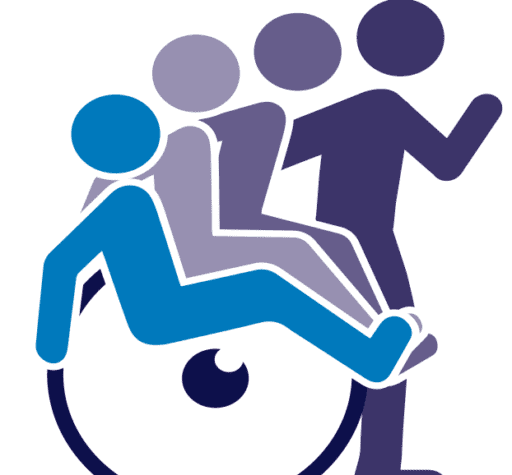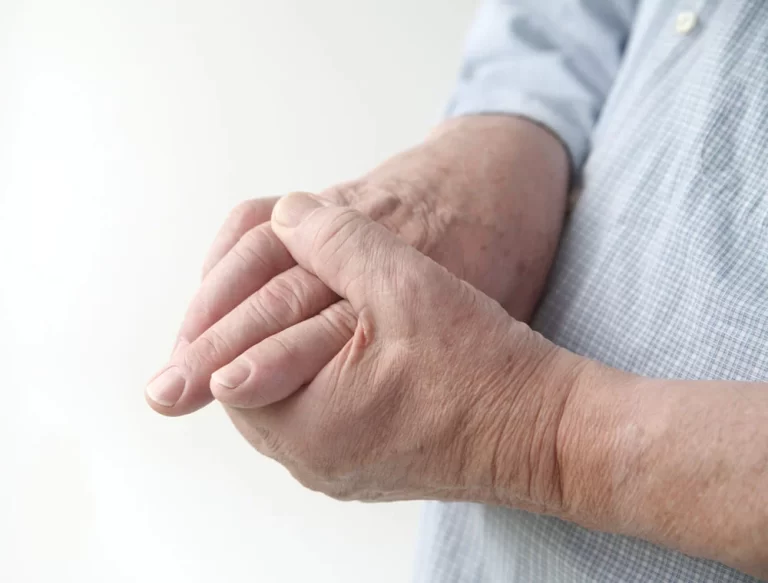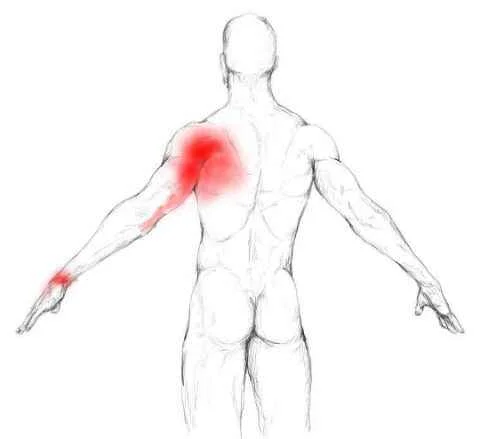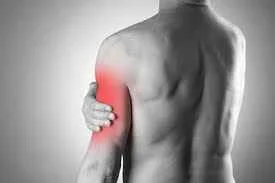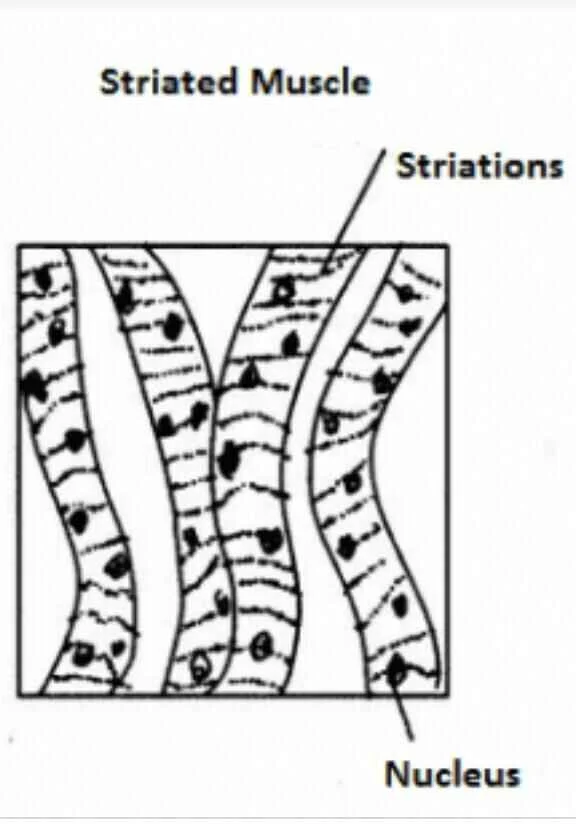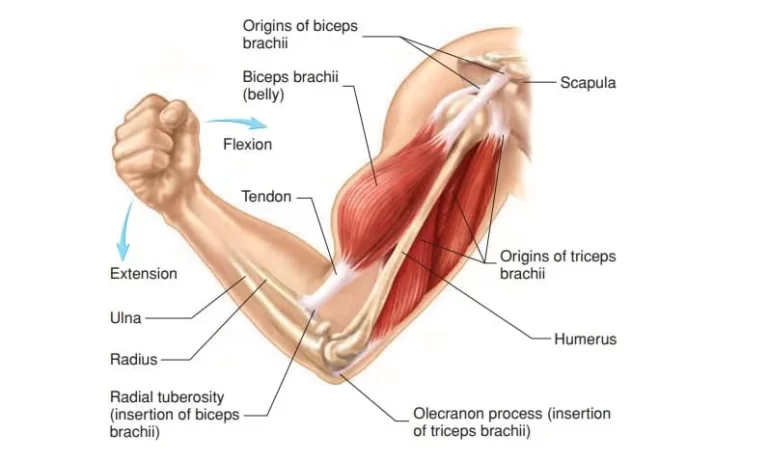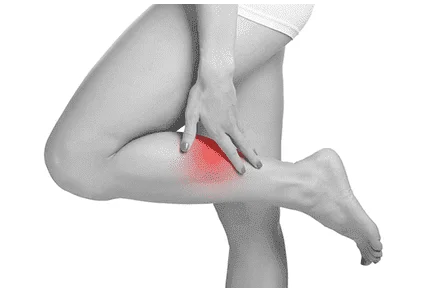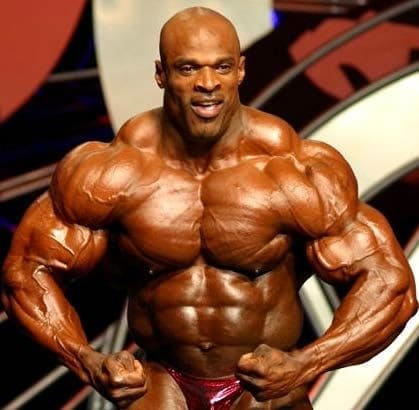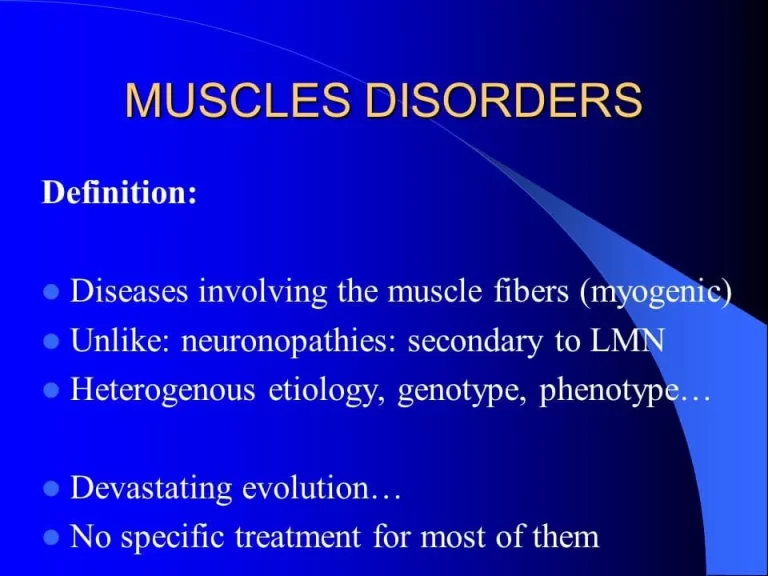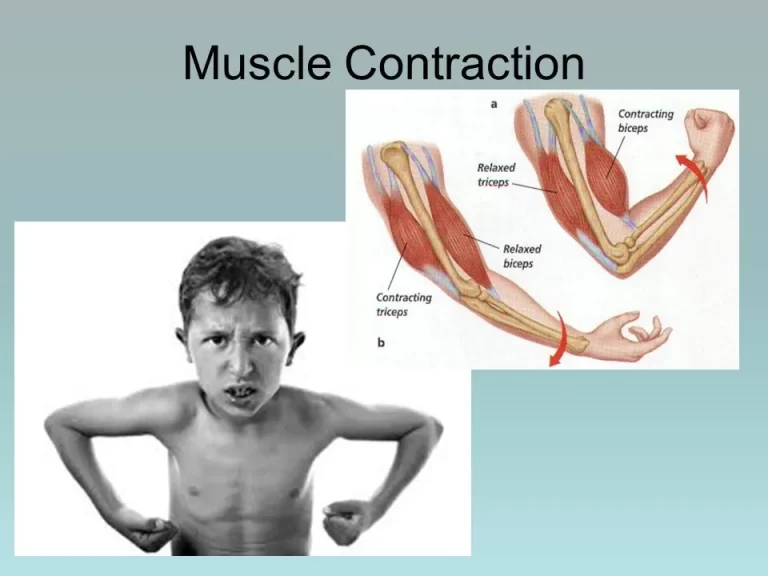Sore Back of Tongue: Causes, Symptoms, and Relief Strategies
What is the Sore Back Of the Tongue? The back of the tongue, often referred to as the base of the tongue, is a crucial component of the oral cavity responsible for various functions including taste perception, swallowing, and articulation of speech sounds. It is a complex anatomical region comprised of muscles, glands, and sensory…
